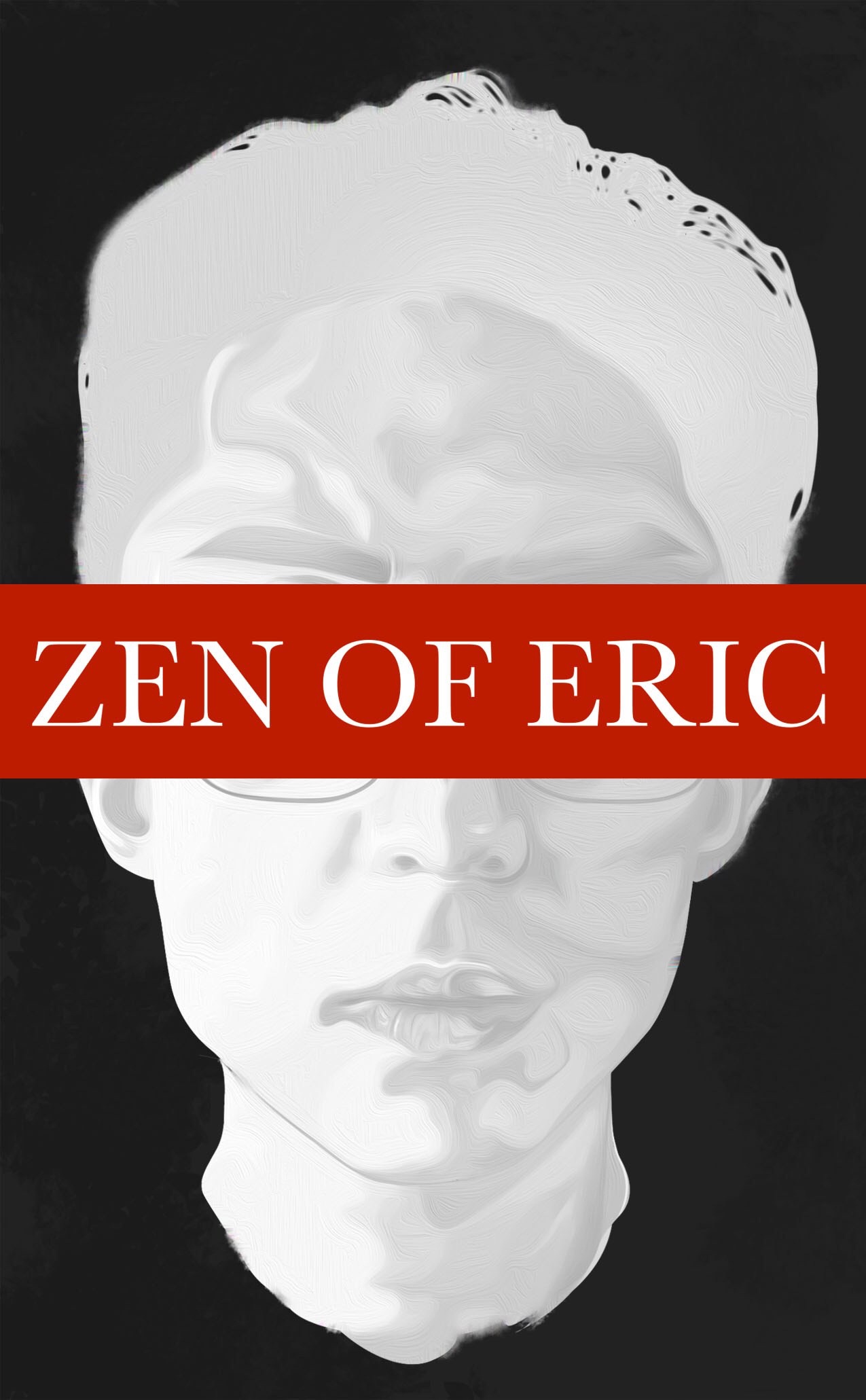I don’t concern myself with metaphysics or any other “pie in the sky” type of philosophy. I’m only interested in practical philosophy — wisdom that can help us live a better life today, with more meaning, purpose, and direction. If you’re curious like me, this is an introduction for you. #zenoferic
First of all, what should one study? I’ll only give you advice which has helped me, so hopefully this information is as practical and distilled as possible.
1. Stoicism

To start off, stoicism is the best and most practical philosophy of living your everyday life, with the maximum amount of joy and happiness, with the minimum amount of stress, strife, pettiness, and fear.
The first stoic to read is my homeboy Seneca; whose works I recommend reading include:
- On the shortness of life
- Epistles (letters) to Lucilius // published today as “Letters from a stoic”
- All of his other essays on Leisure, Happiness, etc.
The second stoic to read is Marcus Aurelius, who walked the walk (he was a Roman emperor, obviously a very stressful job). He didn’t parade his virtues, he kept them private to himself. You can see his inner thoughts in his book, “The meditations“, which was a personal book for himself on his meditations in life.
The third stoic to read is Epictetus: his manual on stoicism is called the “Enchiridion”; short, distilled, impactful ideas on being a stoic. Super practical and empowering.
2. Zen/Taoism

Less is more and often better. Zen and Taoism to me are sister ideas. They essentially promote the concept of “everyday subtract the superfluous”, in order for you to maximize your true strength, or what’s truly important to you.
To start off, I recommend reading Stephen Mitchell translations of the “Tao Te Ching” (on Taoism), the quotes of Bruce Lee (he was a true practitioner of his own life philosophies).
For zen, I really like “Zen Mind, Beginner Mind” by Shunryu Suzuki. He teaches us that wisdom is to seek your original “child’s mind”– when you live without barriers, and without self censorship.
3. Cinema

It’s surprising, but you can learn a lot of practical philosophy from cinema.
For example,
- The Matrix: Don’t be addicted to false reality of bullshit, social media, and technology in general. Also recognize that you have infinite potential, to craft your own life.
- Fight Club: Anti consumerism, a call to arms against our modern day programming. How to live life with more purpose and direction.
- 2001 Space Odyssey: The purpose of human existence versus artificial intelligence
I like cinema, because for us visually inclined, it helps us visualize and picture the philosophies of these great directors. Almost every (good) film has a good moral or ethical lesson behind it.
My favorite philosopher-directors include:
- Akira Kurosawa
- Stanley Kubrick
- Ridley Scott
- Wachowski Sisters (they made Matrix)
Never stop learning

Ultimately my suggestion is this:
There’s never a “conclusion” to wisdom. Everything is constantly in a state of flux. You’re always changing, evolving — from a chemical-organic perspective, and also as a human being.
That means, never stop learning, and more importantly — never stop making!
To me, the ultimate way to find more joy and happiness in life is to create more stuff — create more artwork, pictures, paintings, poems, etc.
So barbell your life between studying philosophy, and making your own artwork.
BE BRAZEN,
ERIC
ZEN OF ERIC: Practical Philosophy to Empower You in Your Everyday Life >

